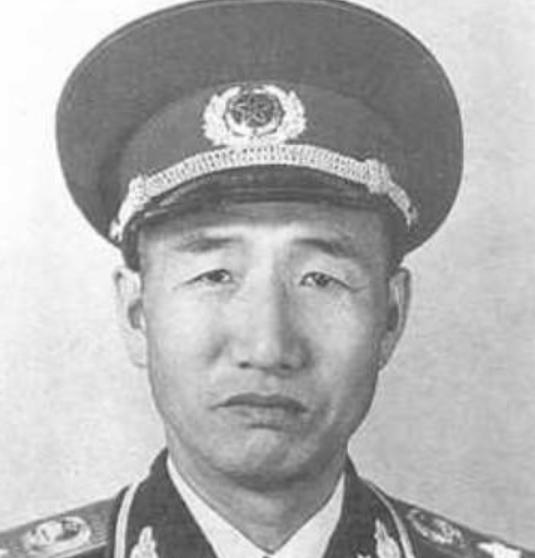History is the memory of things that have been said and done. —Carl Baker
In 1936, the Central Committee formed the Western Route Army to cross the Yellow River in the west, with Xu Xiangqian as the commander-in-chief and Chen Changhao as the political commissar. The Western Route Army consisted of about 20,000 men and consisted of the 5th, 9th and 30th Armies. The commander of the 5th Army was Dong Zhentang and the political commissar was Huang Chao; the commander of the 9th Army was Sun Yuqing, with Chen Haisong as the political commissar; the commander of the 30th Army was Cheng Shicai, and the political commissar was Li Xiannian. After crossing the Yellow River, the Western Route Army was surrounded by heavy Kuomintang troops, and after more than half a year of bloody and bitter fighting, it finally failed, with more than 7,000 people killed and more than 12,000 captured, and only a few troops successfully broke through. So what happened to the commanders and commissars of these three armies?

Dong Zhentang, commander of the 5th Army, a native of Xingtai, Hebei Province, graduated from the Baoding Army Officer School, followed Feng Yuxiang for a long time, was absorbed by Chiang Kai-shek after the Central Plains War, and then was sent to the front line to fight the Red Army. In January 1937, Dong Zhentang and his subordinates were surrounded by more than 20,000 Majia troops in Gaotai, and after 9 days and nights of fierce fighting with the enemy, Dong Zhentang died heroically at the age of 42.
Huang Chao, the political commissar of the 5th Army, was a native of Guizhou and had been Zhang Guotao's secretary, but when Dong Zhentang fought a bloody battle with the enemy in Gaotai, he did not send reinforcements in time to the fall of Gaotai. After the defeat of the Western Route Army, he broke through with the left detachment and eventually came to Xinjiang, where he was mistakenly killed by Wang Ming and posthumously recognized as a revolutionary martyr in 1978.
Sun Yuqing, a native of Huang'an, Hubei Province, joined the Red Army at the age of 20, and destroyed 3 regiments of the Sichuan warlord Tian Songyao with a regiment in the Battle of Houjialiang. After the defeat of the Western Route Army, he was unfortunately captured during the breakthrough and brutally killed by Ma Jiajun at the age of 28.
Chen Haisong, political commissar of the 9th Army, Chen Haisong was a hubei wuren, joined the Red Army at the age of 16, became the political commissar of the Red 9 army at the age of 20, and was the youngest military-level cadre in the history of our army. After the defeat of the Western Route Army, he was unfortunately killed in the Battle of Liyuankou at the age of 23.
Cheng Shicai, commander of the 30th Army, and Li Xiannian, political commissar, cheng shicai and Li Xiannian were both hubei people, one joined the Red Army at the age of 17 and the other joined the Red Army at the age of 19. After the defeat of the Western Route Army, Xu Xiangqian and Chen Changhao returned to Yan'an to report to the central authorities, and the remaining troops were commanded by Li Xiannian to break through, and under extremely difficult conditions, he led his troops over the Qilian Mountains, crossed the Gobi Desert, and came to Xinjiang, preserving a number of backbone forces for the party and the Red Army. Later, Marshal Xu Qianqian spoke highly of this, saying: "Comrade Li Xiannian was ordered to be in a moment of crisis, did not panic, and preserved a number of combat backbones for the party. In 1955, Cheng Shicai was awarded the rank of lieutenant general, and At this time Li Xiannian was the vice premier of the State Council.